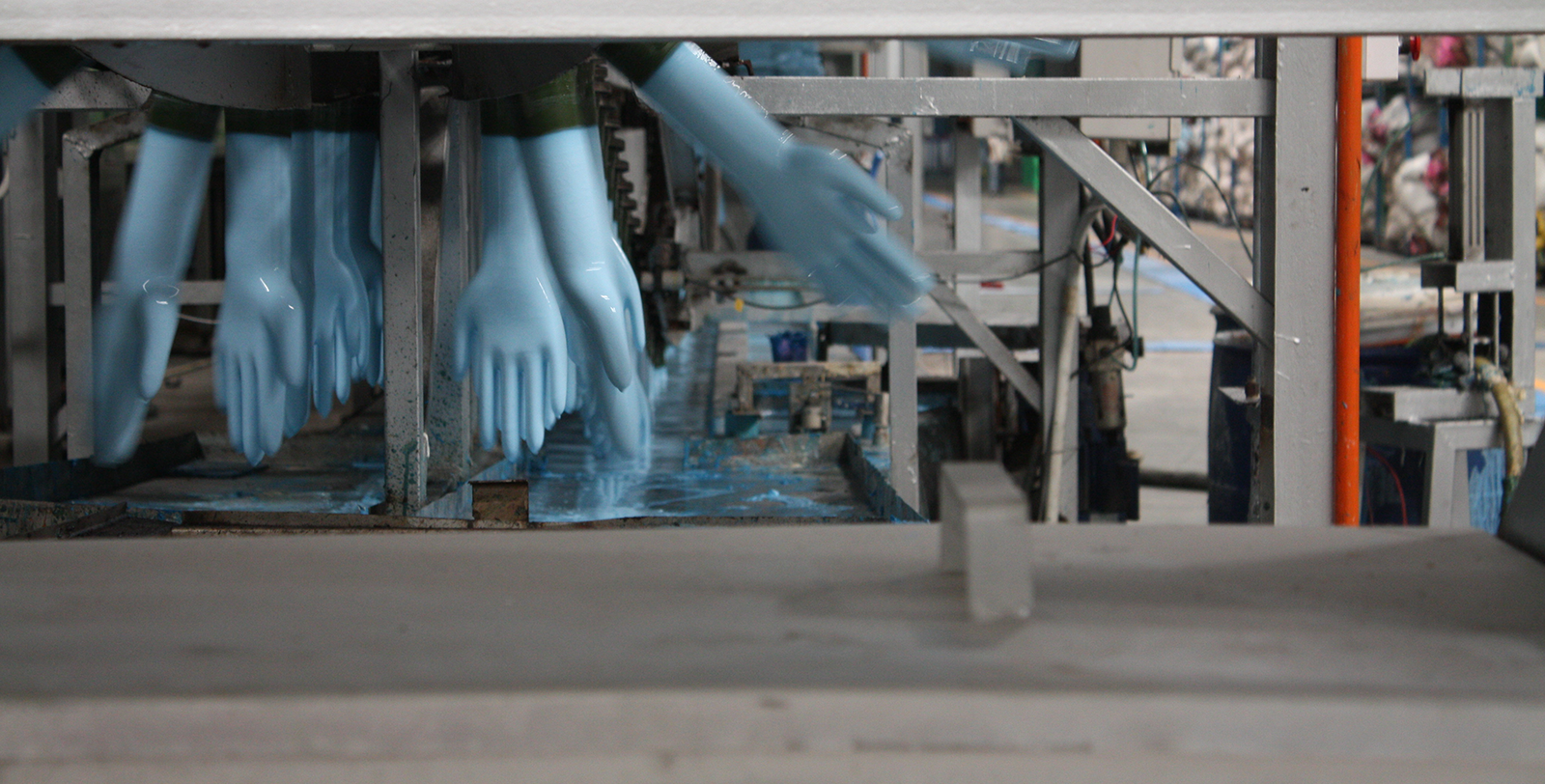When a thriving cultivator purchased additional cannabis from a wholesale grower to meet the 5,000 pounds he was short, he was left holding the bag. A customer complained of a strong sulfur taste, and soon it was discovered that the wholesaler had applied the wrong pesticide concentration, rendering the cannabis unusable. The cultivator had to pull contaminated cannabis product from the shelves, a move that cost the company $3.5 million.
This story is not unique. When running short on product, cannabis businesses will often turn to other suppliers and partners to help them fulfill their orders. Unfortunately, improper vetting and a lack of understanding and compliance with state regulations and other requirements may lead to a loss of product integrity and costly product liabilities. Product liability can include more than just the cannabis itself, such as the equipment – vape cartridges, batteries, and lighters. This can quickly inflate the risk and, of course, the cost of a product liability claim. It is possible to transfer some of these cannabis risks to product liability insurance.
Top Three Product Liability Exposures Facing Cannabis Cultivators and Distributors
Three key areas of product liability exposure face cannabis business owners. It’s important to understand how each will affect your business.
- Product contamination.When cannabis is sold in an edible form, business owners could face claims of food poisoning or illness. If the product is smoked, there are exposures to contamination, product mislabeling or misrepresentation, and possible health hazard claims related to long-term exposure to potential contaminants.
- First party claims. Claims made in the event of an accident, injury or loss, whether caused by the business owner or someone else, will create another set of exposures, including manufacturing defects, failure to warn users on potential product usage hazards, improper labeling, or any product-related defect such as mold or odor.
- Third party claims. Cannabis business owners could be liable for claims stemming from the use of their cannabis product that result in a DUI, property damage, loss of wages, medical expenses and bodily injury.
It is possible to transfer some of these cannabis risks to product liability insurance. While there are multiple lines of product liability insurance, you’ll want to make sure you choose one designed specifically for the cannabis industry. These policies may provide coverage for the following exposures:
- Product contamination
- Bodily injury damages
- Fines and penalties for non-compliance with state regulation
- Bodily or property injury caused to others by product misuse, or by a third party
- Manufacturing or product-related defects
While product liability insurance covers a number of cannabis risks, it doesn’t cover them all. Cannabis operations require a variety of coverage – property, crime, general liability, worker’s compensationand crop insurance. Insurance carriers will differ in definitions, policy exclusions and coverage language for each policy.
Because designated cannabis product liability and business operations coverage is fairly new and the marketplace features a wide range of options, make sure to work with a broker who understands the fine print of your policies, and your unique needs. The right broker can provide advice and loss control to help you reduce product liability exposures, make product and risk management recommendations that best mitigate your exposures to prevent loss, and ensure the proper coverage to address potential claims.
































